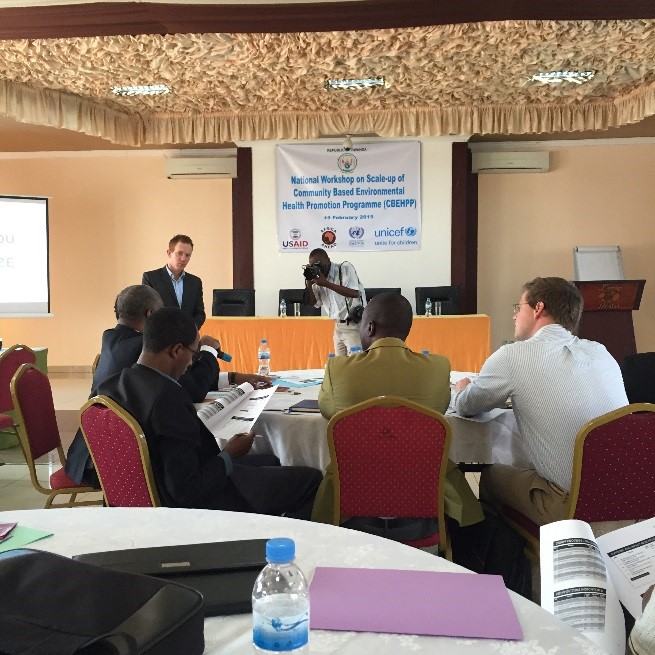Fifteen leading economists, including three Nobel Prize winners, are fed up with randomized control trials (RCTs) determining the future of poverty alleviation
[click here for the full article].
In August 2018 they banded together to speak out against what they call the “aid effectiveness” craze. They are pushing back a growing trend to use the same kind of trials that are used in medicine, ones that assess “treatment” groups against control groups to ensure that aid programs are actually working. Ensuring efficacy seems like a good idea, but the economists worry it has a darker side. “It narrows our focus down to micro-interventions at a local level that yield results that can be observed in the short term. It tends to ignore the broader macroeconomic, political, and institutional drivers of impoverishment and underdevelopment,” the economists stated: “Aid projects might yield satisfying micro-results, but they generally do little to change the systems that produce the problems in the first place. What we need instead is to tackle the real root causes of poverty, inequality, and climate change.”
Among the letter’s signatories was Barbara Harriss-White, a professor at Oxford University who specializes in political economy, South Asia, and rural and local development. She stated that their joint Letter “… was borne out of a general sense of frustration with the growing use of randomized control trials (RCTs) to determine development policy in the context of widespread poverty.
Given the challenge to Africa AHEAD posed by the RCT in Rwanda, which undermined our confidence in our own work, this is a argument which affects the survival of our own methodology, and lends strength to our papers which are currently in review which also highlight the constraints of RCTs to measure effectiveness accurately.
The signatories of the letter argue that the problem with this thinking is that it does not take into account macro-economy, history, culture, and politics… RCTs are essentially technocratic — and since the ‘intervener’ usually stands outside the society s/he aims to intervene in, the way it is practiced is also often at odds with concept of social development as democratic deliberation.
By their nature, RCTs also tend to delegitimate other ways of knowing: practical experiential knowledge, triangulation, observational, longitudinal, and historical approaches. They are also very costly and divert resources from other ways of knowing … A further point is that the entire discipline of anthropology, for example, is dedicated to the richness and varied nature of human society. For decades we have known that tribal society differs from caste society. Now we know that, as in villages, the social structure of one town may differ from that of the next and so do their politics. RCT experiments have to make simplifying assumptions in their research design to standardize measurement. The factors simplified out may well stymie the outcome of the policy that might result from the experiment”.

